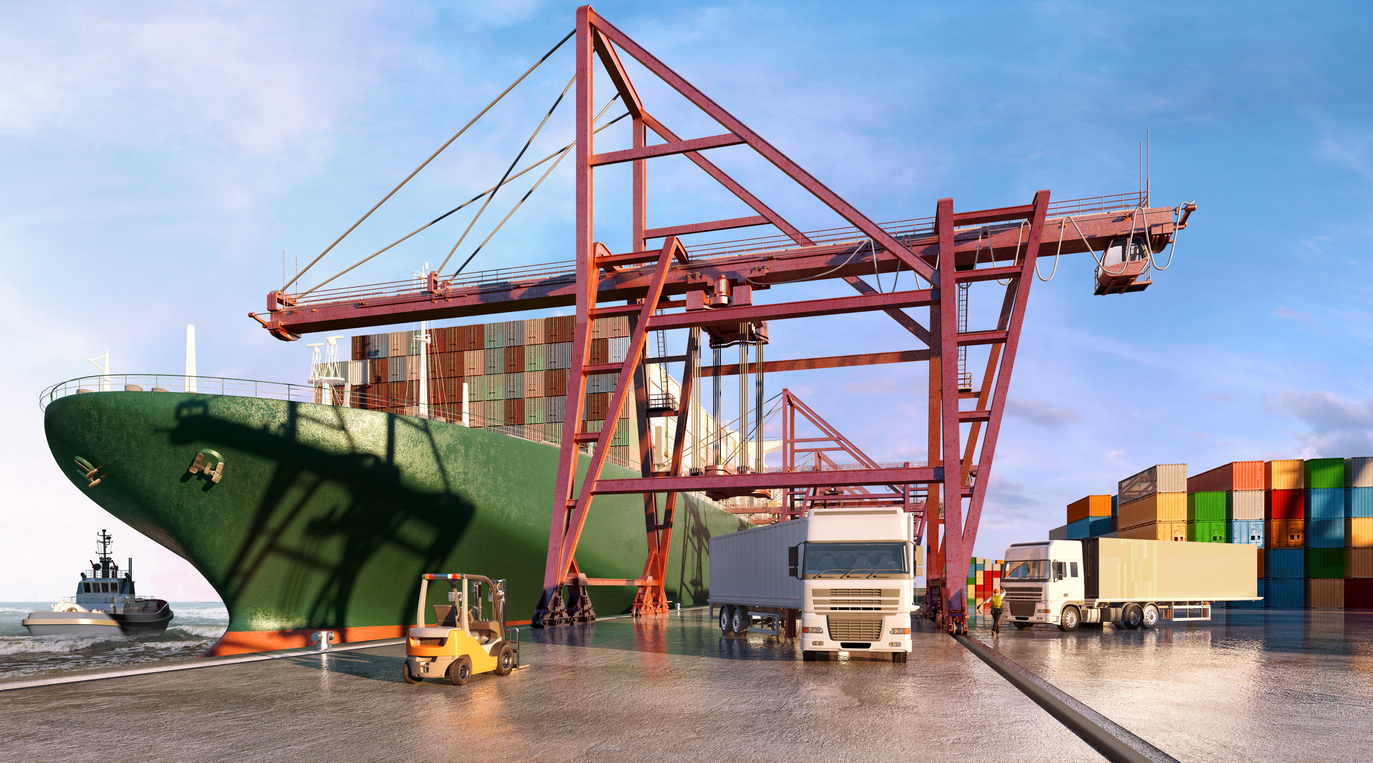Free Trade Agreement Consulting in the US: A Guide for Importers and Exporters
International trade can be complex, especially for businesses involved in import/export, wholesale distribution, and FMCG. One key strategy fior streamlining global trade is understanding and leveraging free trade agreements (FTAs). FTAs reduce or eliminate tariffs, simplify customs procedures, and can significantly improve profit margins for businesses trading internationally.
For companies operating in the US and looking to expand their international reach, expert free trade agreement consulting can provide essential guidance on maximizing trade benefits while staying compliant with regulations.
What is a Free Trade Agreement?
A free trade agreement is a treaty between two or more countries that aims to reduce barriers to trade. This can include eliminating tariffs, reducing import/export duties, simplifying customs procedures, and ensuring regulatory standards are mutually recognized. FTAs are designed to promote economic cooperation, increase market access, and stimulate cross-border trade.
For importers and exporters, understanding FTAs is critical. It allows businesses to:
-
Reduce costs by taking advantage of tariff exemptions.
-
Gain a competitive edge by entering new markets more efficiently.
-
Ensure compliance with complex international trade laws.
Benefits of Free Trade Agreement Consulting
While the concept of FTAs is straightforward, applying the benefits to real-world business operations can be challenging. This is where free trade agreement consulting in the US becomes invaluable. Professional consultants help businesses:
-
Identify Eligible Products – Not all goods automatically qualify for FTA benefits. Experts can review product classifications and advise on eligibility.
-
Optimize Supply Chains – Consultants can recommend sourcing strategies that align with FTA regulations, ensuring companies maximize cost savings.
-
Ensure Compliance – Misinterpretation of trade agreement rules can lead to fines, delays, or lost privileges. Experts ensure all documentation, certifications, and procedures comply with trade laws.
-
Strategic Market Entry – Consultants advise on which markets offer the most benefit under current FTAs, helping companies expand internationally with minimal risk.
By leveraging professional consulting, businesses can fully capitalize on trade agreements without being overwhelmed by complex legal and logistical requirements.
How FTAs Impact Import and Export Operations
For companies involved in wholesale distribution, FMCG, or logistics, FTAs directly affect operational efficiency and cost structures.
1. Reduced Tariffs and Duties
FTAs often eliminate tariffs on qualifying goods. For example, an FMCG company importing packaged food from a country with an FTA can save significantly compared to standard import duties. These savings can be reinvested in business expansion or pricing strategies to remain competitive.
2. Streamlined Customs Procedures
FTAs simplify customs documentation, reducing clearance times and lowering administrative costs. This is particularly important for perishable goods, high-volume shipments, or industries where timely delivery is critical.
3. Regulatory Harmonization
FTAs often include provisions for regulatory alignment, such as safety standards or labeling requirements. Businesses benefit by avoiding duplicate compliance processes and reducing risk during product inspections.
Key Considerations When Using Free Trade Agreement
Even with clear advantages, companies must approach FTAs strategically:
-
Product Eligibility – Determine which products qualify and under which FTA provisions.
-
Origin Rules – Verify that goods meet “rules of origin” criteria, which define where products are made and whether they can benefit from the agreement.
-
Documentation – Maintain accurate records, including certificates of origin and customs forms, to prove compliance.
-
Market Trends – Understand how FTAs may shift over time, especially with renegotiations or new trade policies.
Professional consultants provide guidance on each of these factors, helping businesses avoid costly mistakes and maximize trade benefits.
Why US Businesses Should Consider FTA Consulting
For US-based importers and exporters, free trade agreement consulting is essential for staying competitive in global markets. The US has multiple trade agreements with countries across North and South America, Asia, and Africa. Understanding these agreements allows businesses to:
-
Expand into markets with minimal tariff barriers.
-
Reduce supply chain costs through strategic sourcing.
-
Improve risk management by ensuring compliance with trade laws.
FTA consulting is not just about compliance—it is a strategic tool for growth, enabling companies to make data-driven decisions and seize opportunities in international trade.
How Wigmore Trading Supports Businesses
Businesses seeking to navigate the complexities of FTAs can benefit from the expertise of seasoned consulting professionals. Wigmore Trading specializes in import/export logistics and offers tailored FTA consulting services, helping companies:
-
Identify the most advantageous trade agreements for their products.
-
Streamline customs and regulatory processes.
-
Implement cost-effective sourcing and distribution strategies.
Whether you are entering a new market or optimizing existing operations, consulting with experts ensures your business takes full advantage of free trade opportunities.
Conclusion
Understanding and leveraging free trade agreements is crucial for importers, exporters, and wholesalers aiming to remain competitive in global markets. With reduced tariffs, simplified customs processes, and regulatory alignment, FTAs offer tangible benefits—but only if businesses navigate them correctly.
Wigmore Trading can help businesses maximize these advantages through expert FTA consulting, ensuring compliance, efficiency, and strategic growth.
Contact Wigmore Trading today to streamline your sourcing and gain a competitive edge in international trade.








Comments are closed.